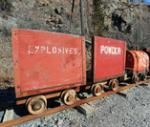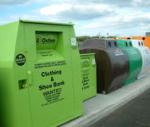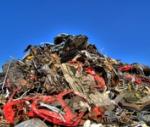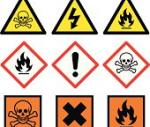EEU: Transitional period for marking of explosive substances is to be extended
The EurAsian Economic Commission Collegiate approved the extension of transitional period for the EEU Technical Regulation on the Safety of Explosive Substances and Products Made on the Basis of Such Substances in the part regulating labelling of such products and substances. The TR regulates the circulation of explosive products used in coal, petrochemical, gas and some other industries.














